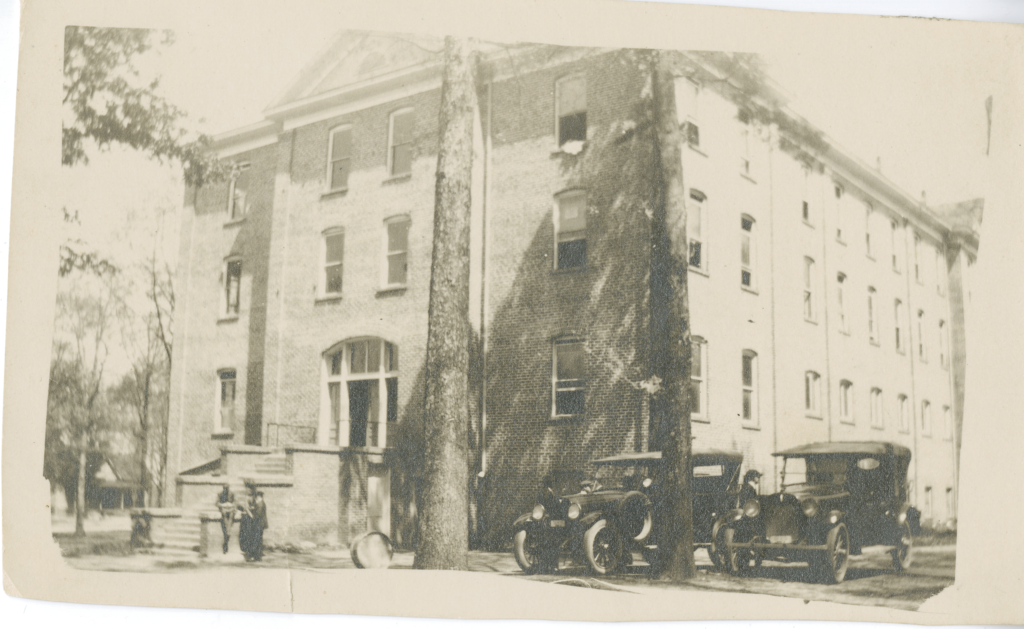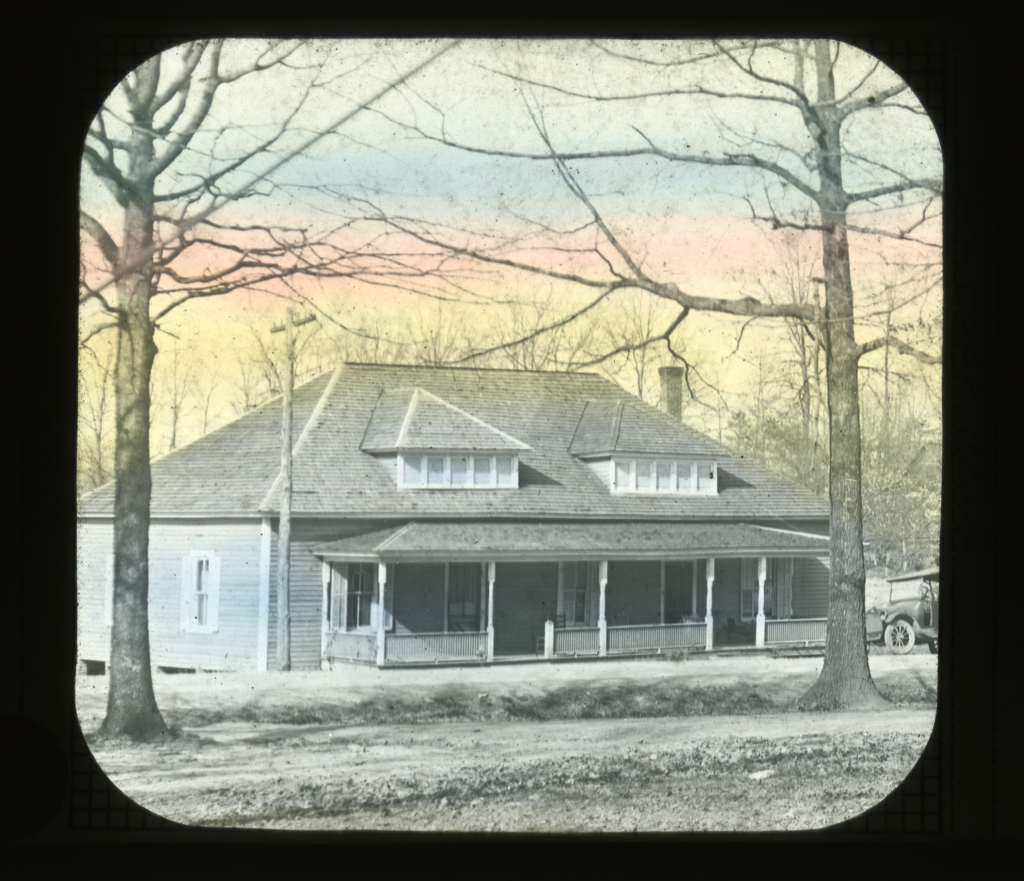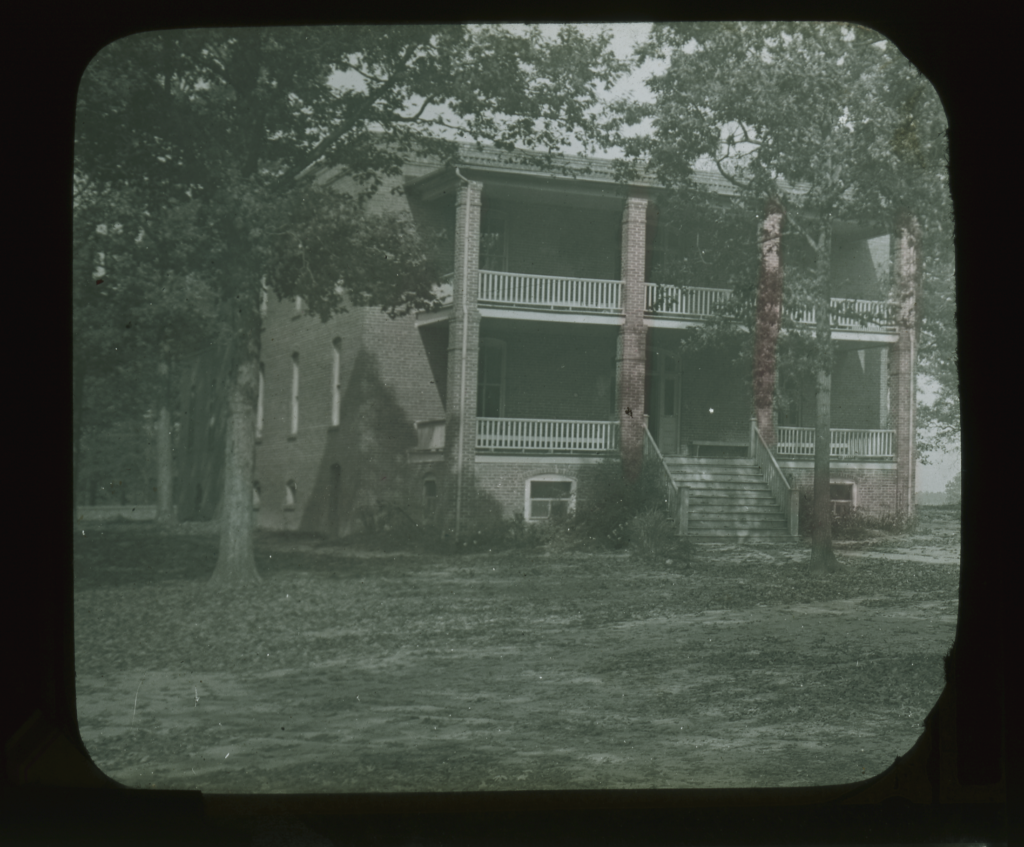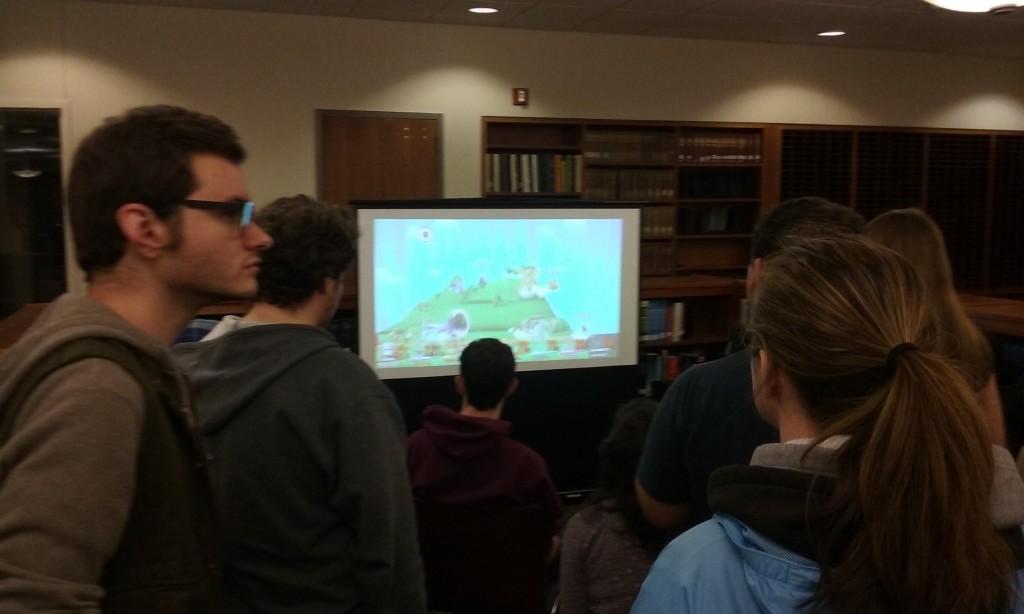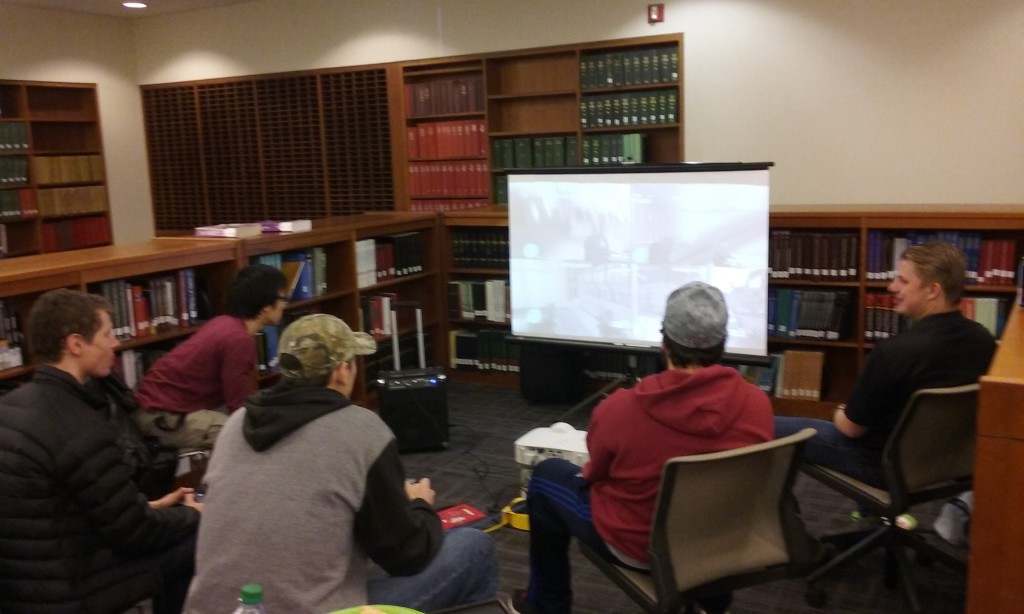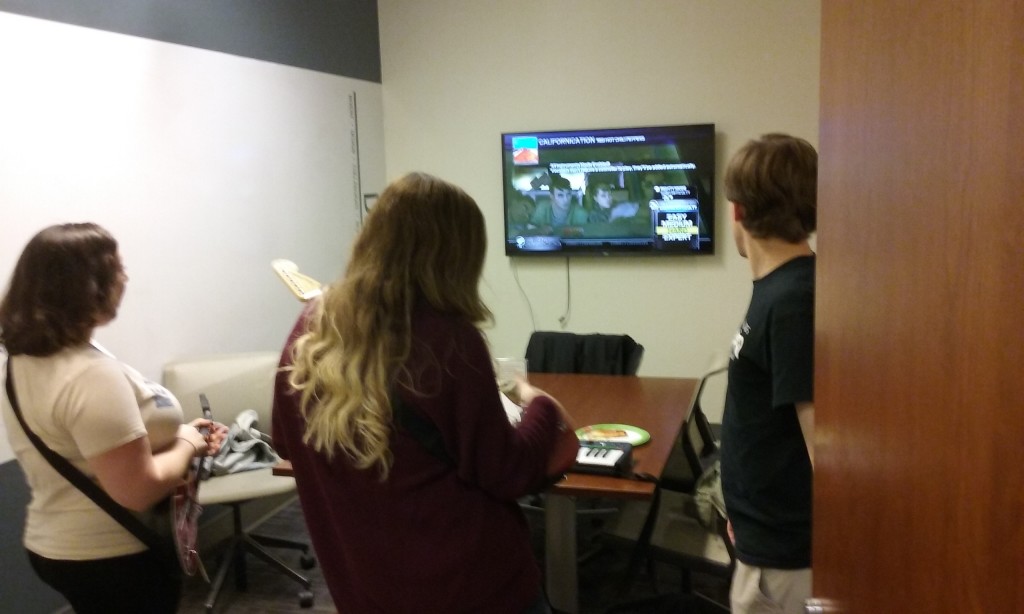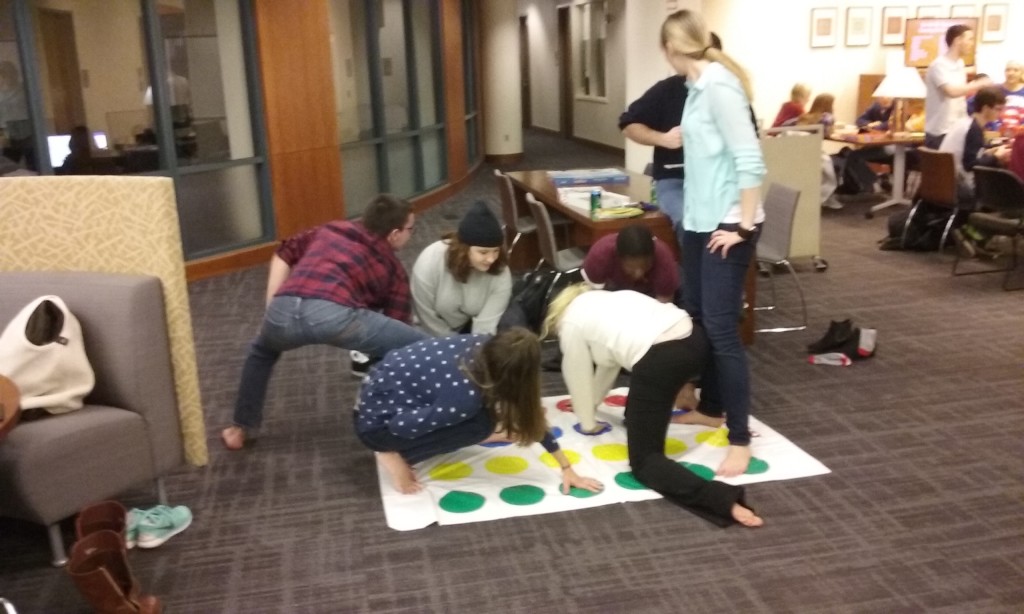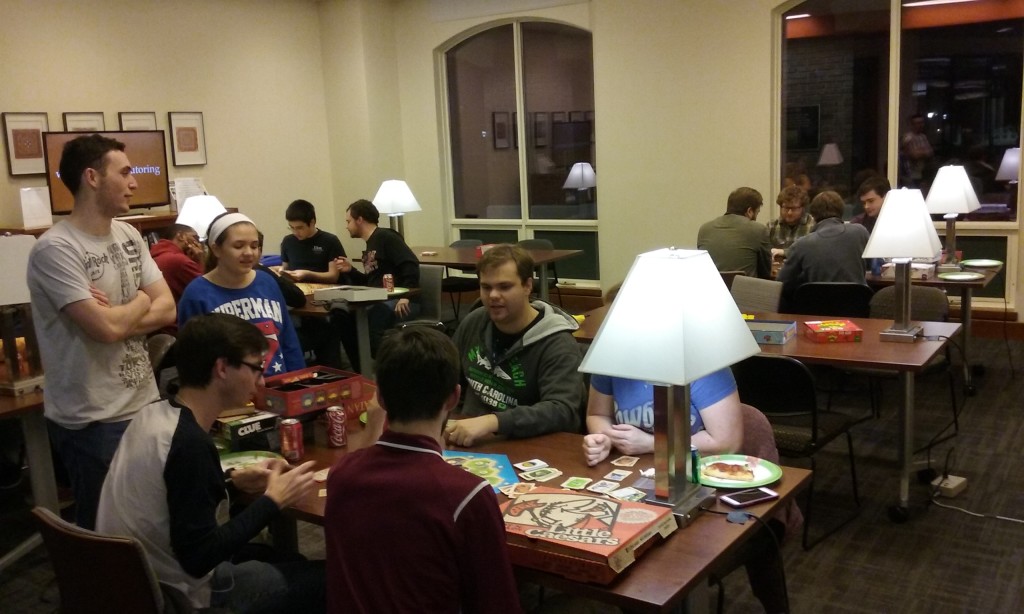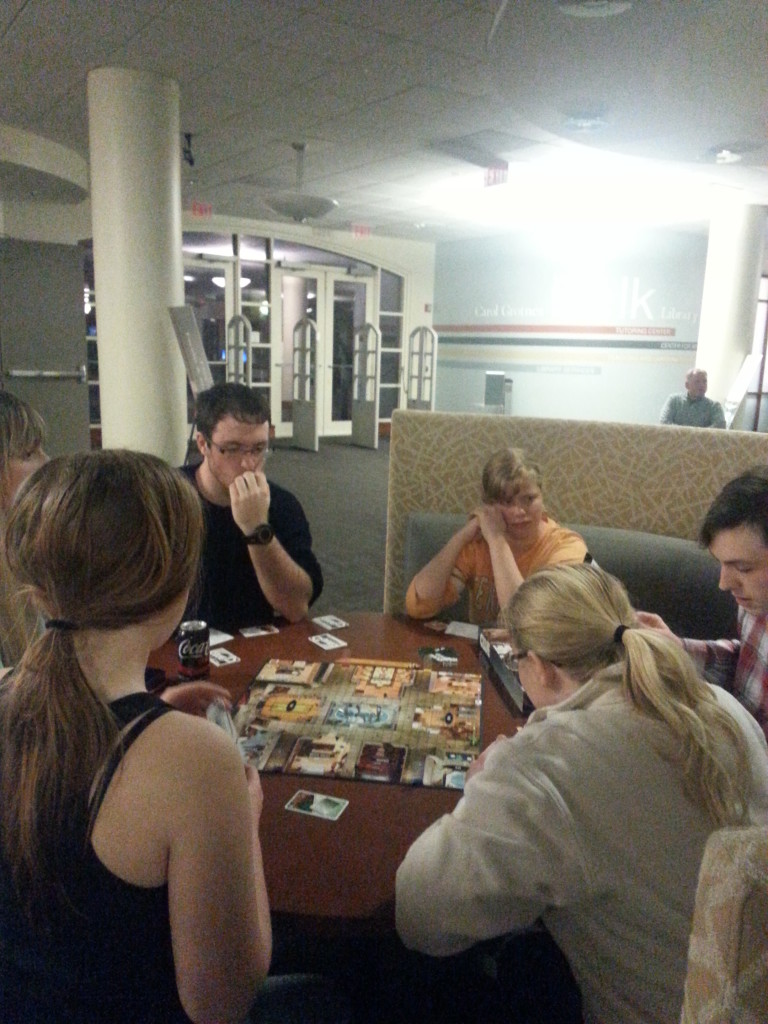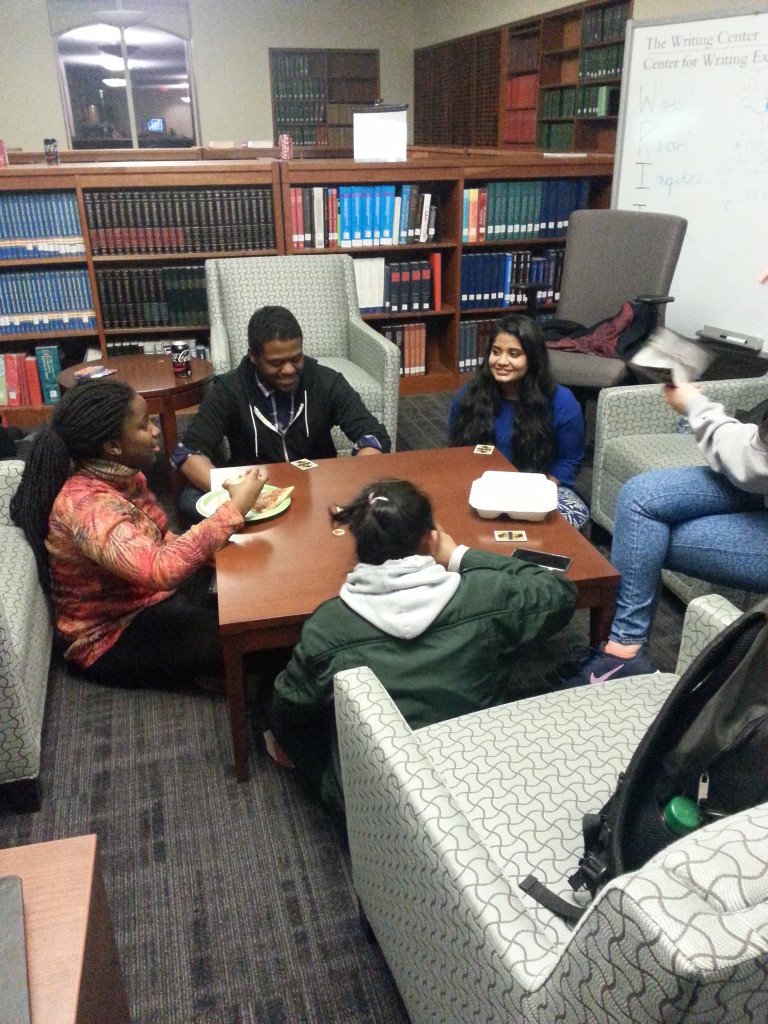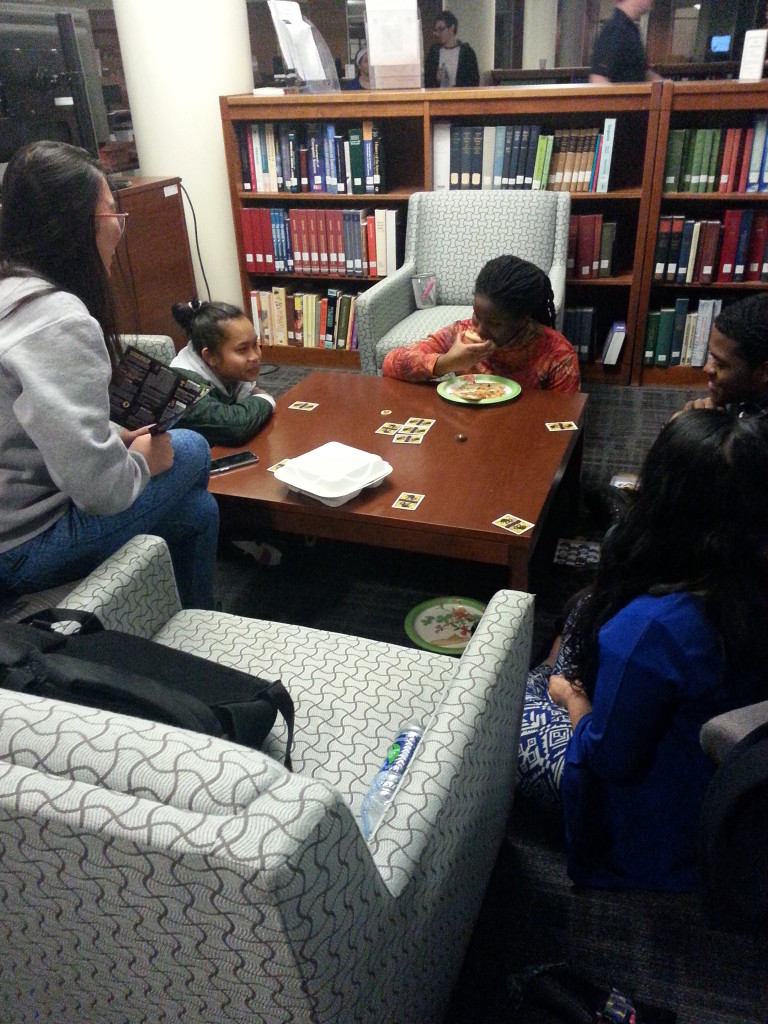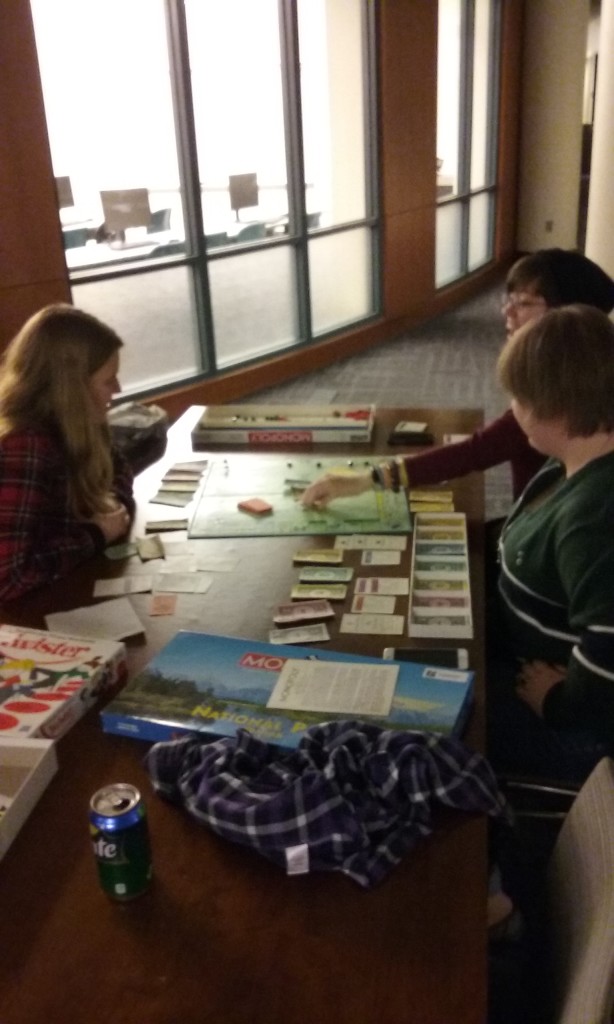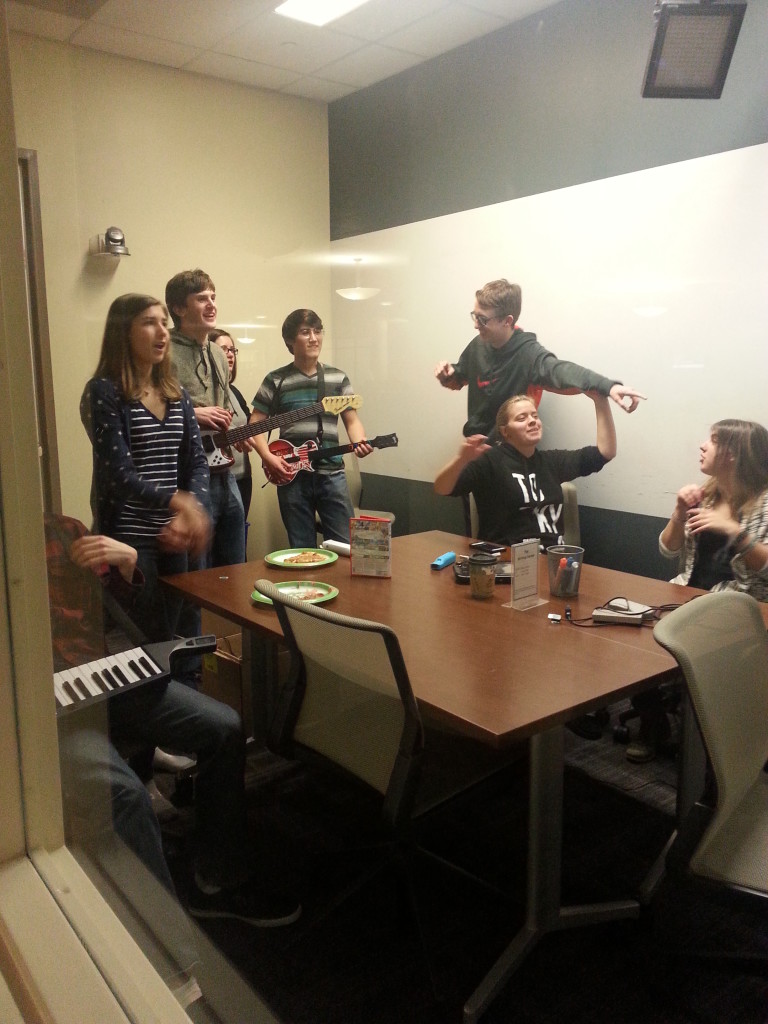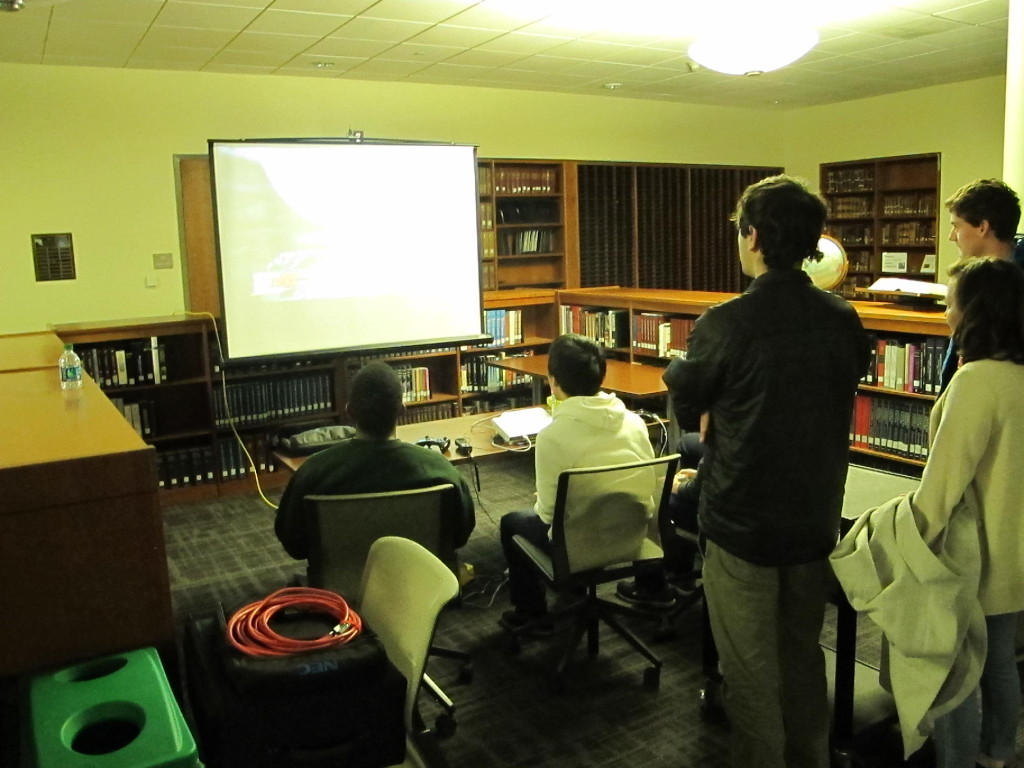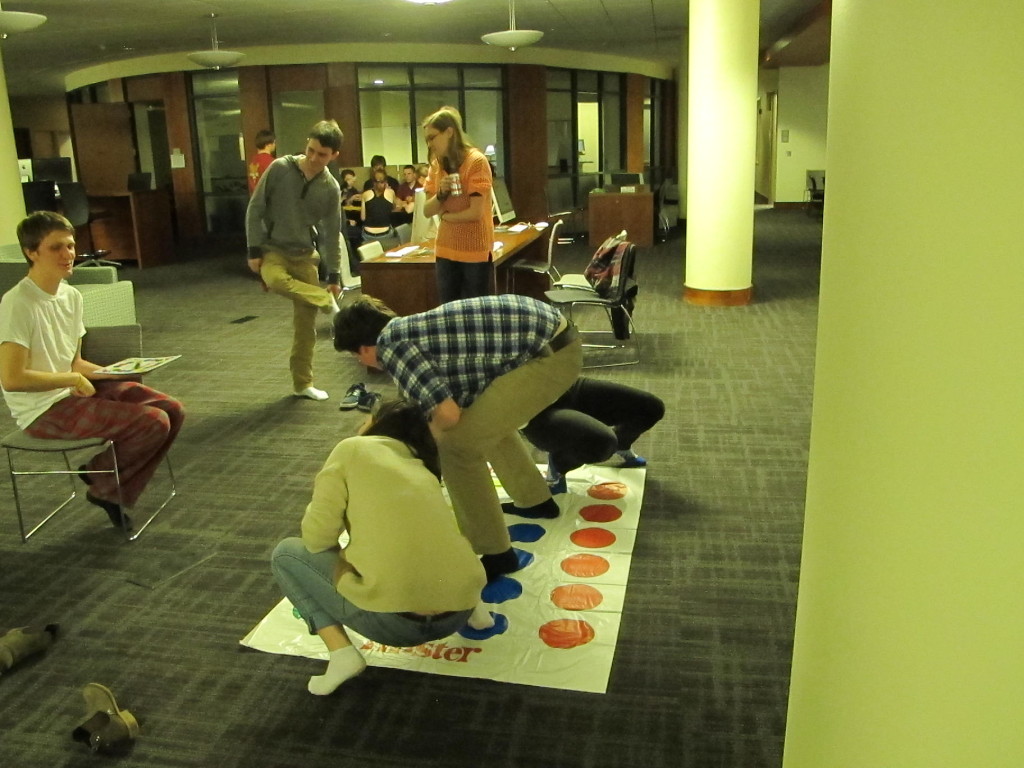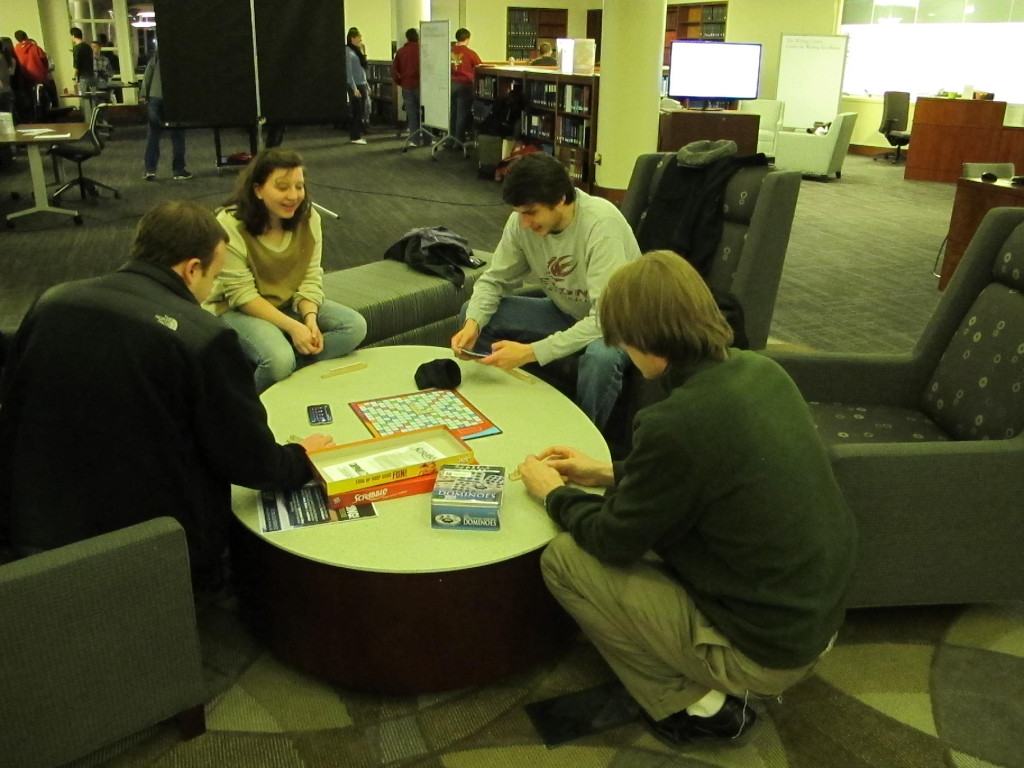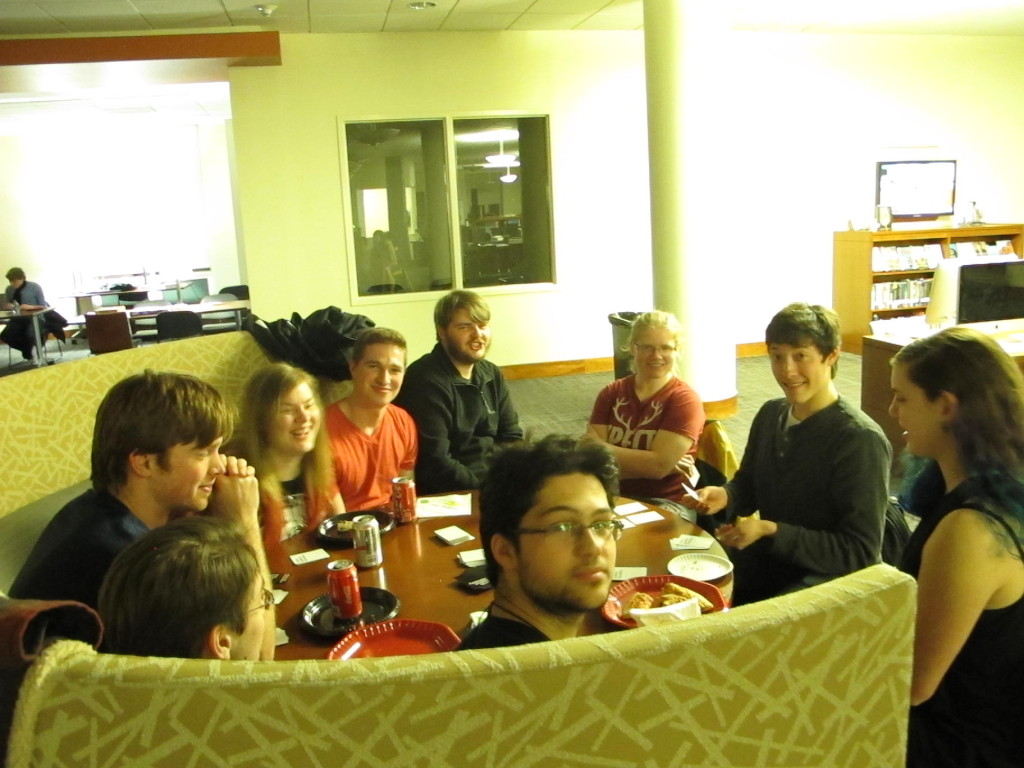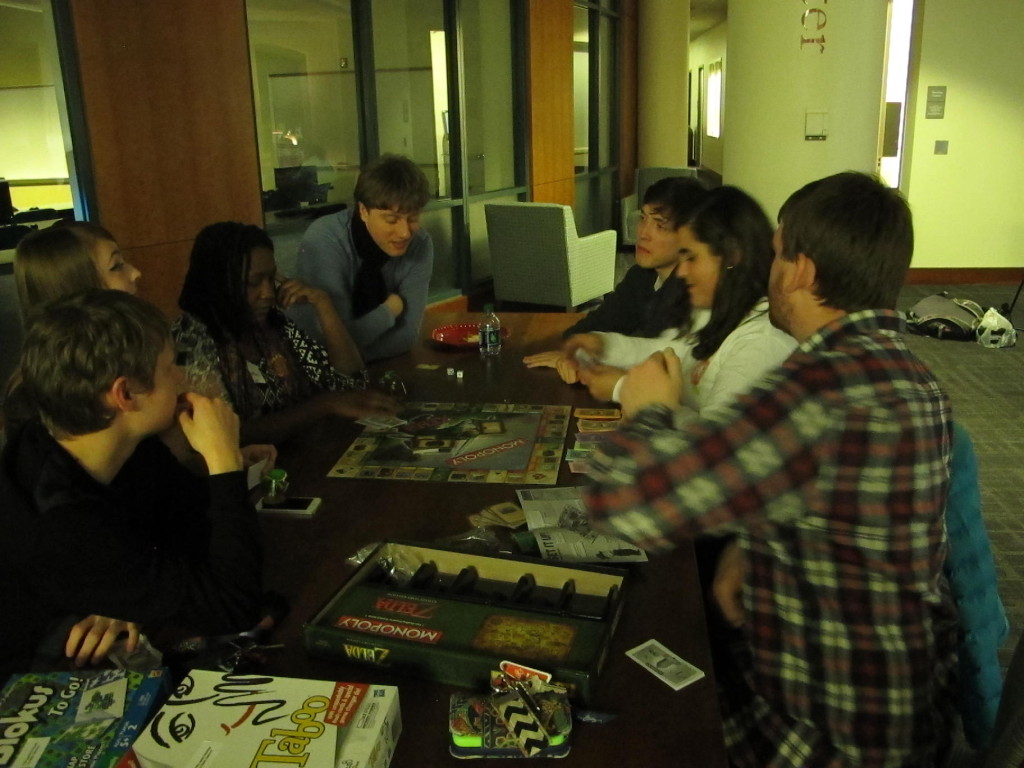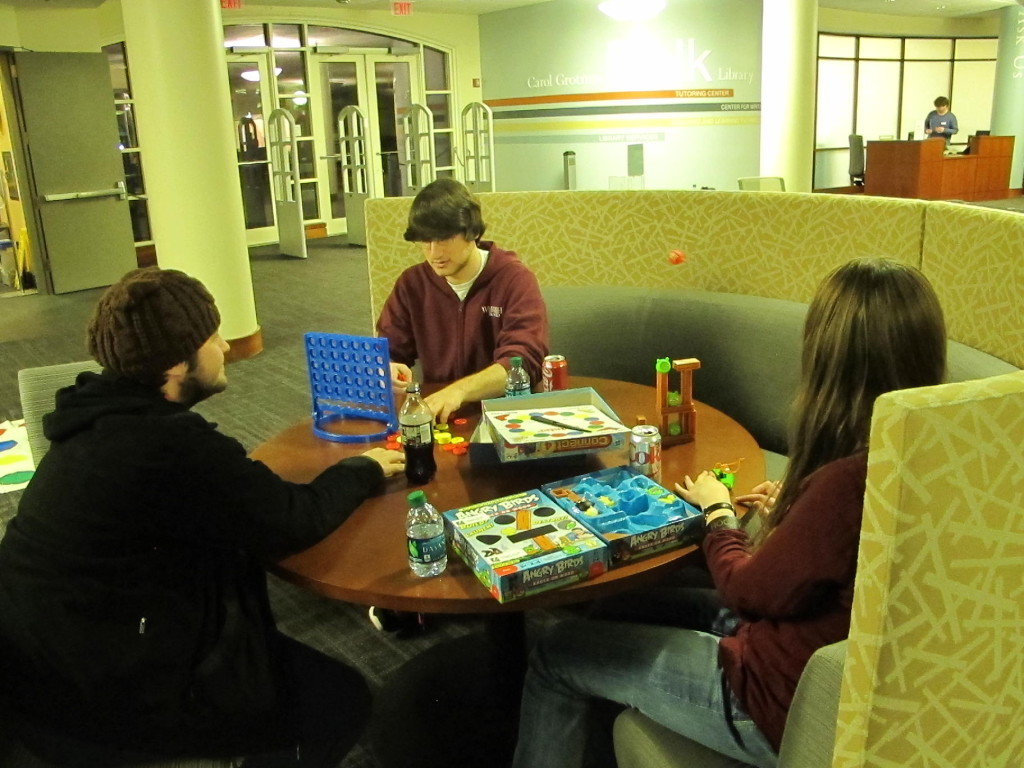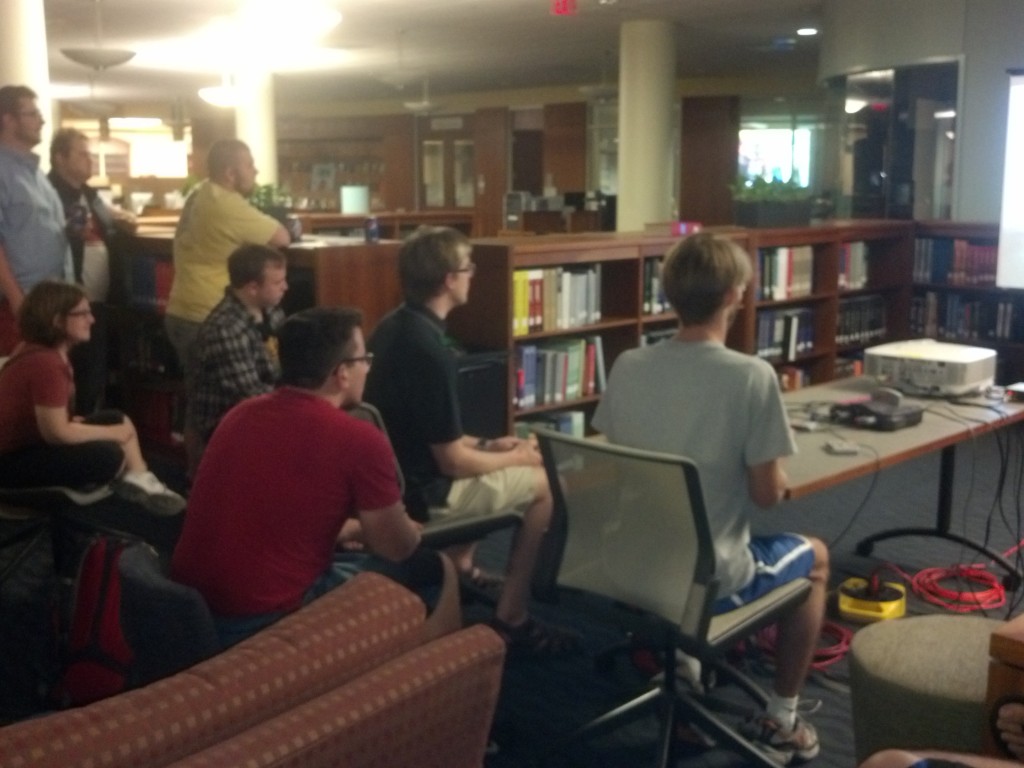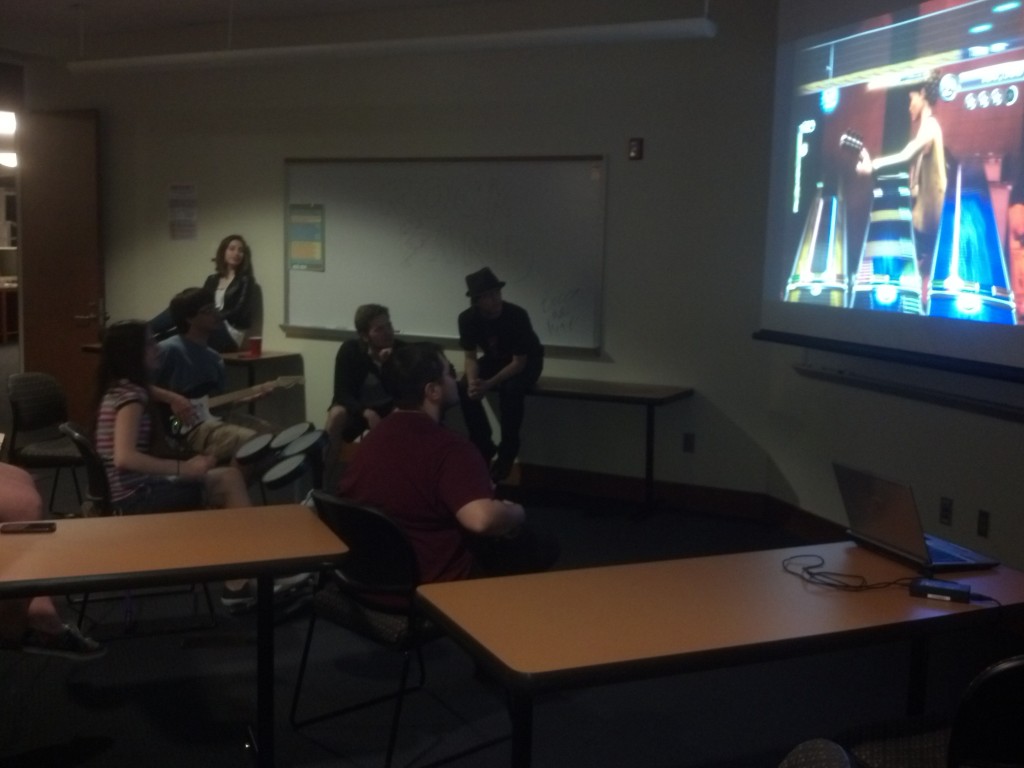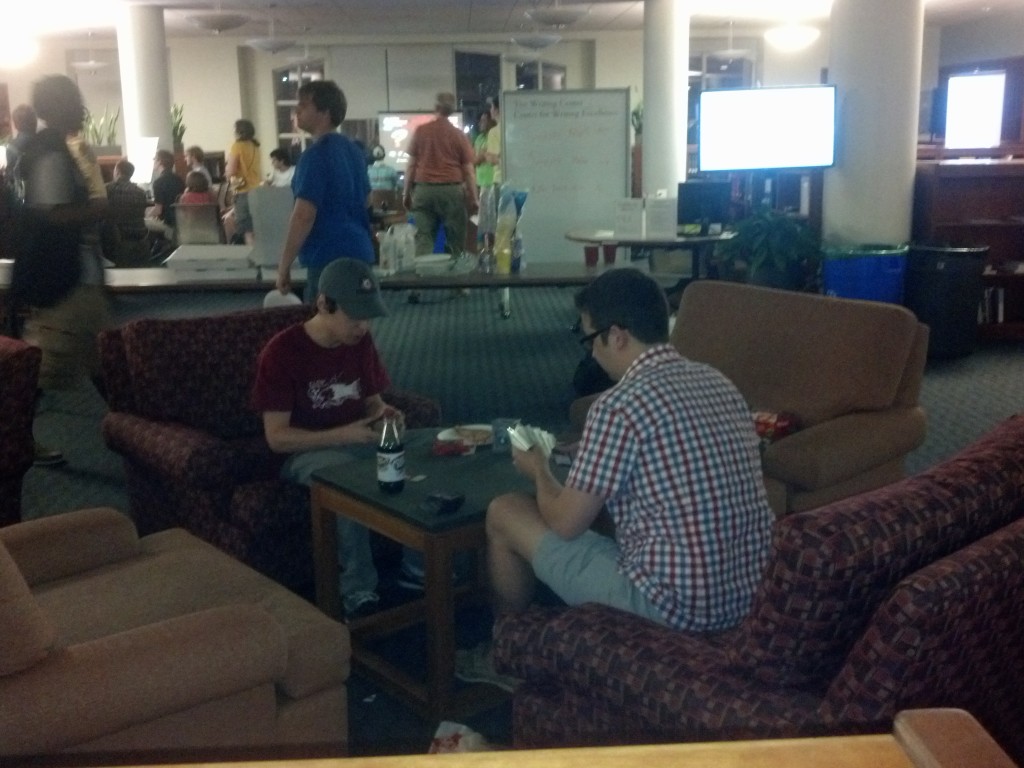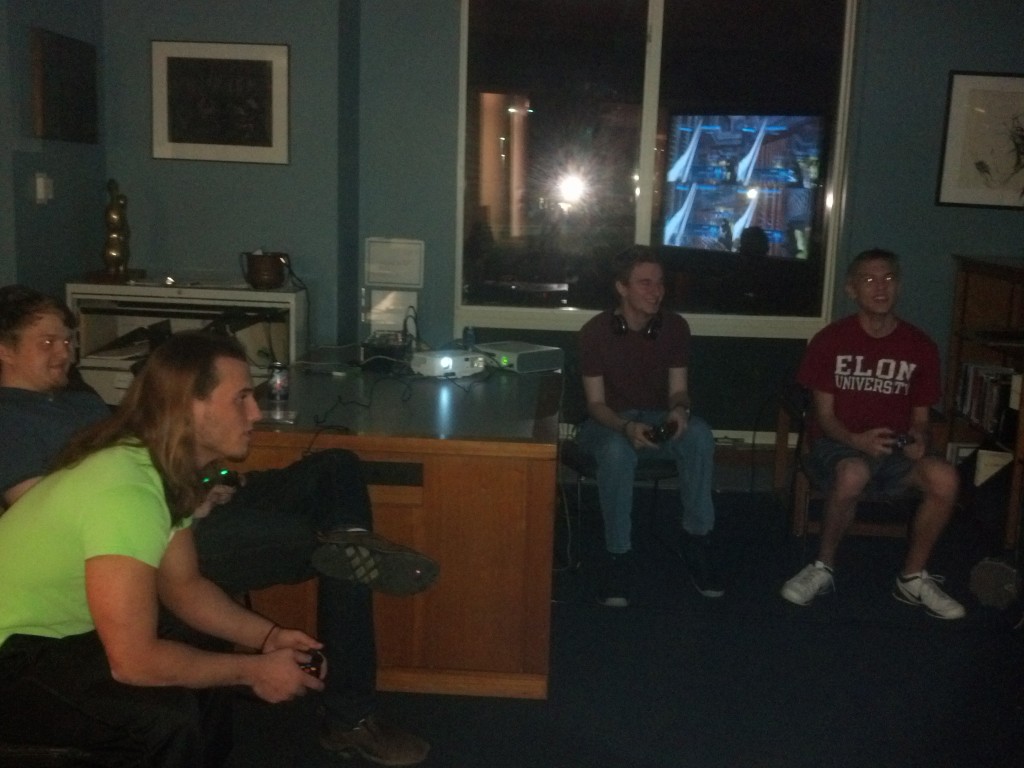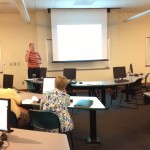Nov 05 2018
Elon College and the First World War, part 1: On the eve of The Great War
By Randall Bowman, Archivist and Assistant Librarian
Veteran’s Day, November 11, 2018 is the 100th anniversary of the end of World War I, the “War to End all Wars?” What was Elon like in the early years of the Twentieth Century, before the First World War? When William Allen Harper became Elon College’s fourth president in 1911, the school was very different than the university it is today. In the fall of 1911, total enrollment for the college was only 234, although that was the largest enrollment since the school opened its doors in 1890. Dr. Harper, then thirty-one years old, was an 1899 alumnus of Elon College, and the first graduate to serve as president. He set out on an ambitious program to expand the school’s physical size, allowing for an increase in enrollment. He was also determined to standardize and expand the curriculum. In addition, Harper aimed to get the college out of debt and increase the endowment.
The task of raising the necessary funds for a construction program was made easier by the fact that Harper’s predecessor, Emmett L. Moffitt, had left the college stable financially. Dr. Harper immediately undertook fundraising to complete Dr. Moffitt’s “Special Fund of $50,000”; by January 1912, the funds had been raised, and the debt from the 1907-1908 building program had been retired. With that accomplished, Elon College now had financial capital to work with, and a new building program was begun.
One of the biggest needs the campus faced was a new dorm for male students. Most female students lived in West Dormitory and had access to its dining facilities. But most male Elon students boarded with local families, or rented rooms in town, and the number of local rooms were limited. These men also “clubbed” together for their meals, which was a widespread practice on college campuses at the time. These “dining clubs” were organized by the students themselves; each club would hire a cook to prepare their meals, and then rented houses where the food was prepared and eaten.
Therefore, the very first new building completed in 1913 was North Dormitory, a three-story building with a gym and basketball court located on the first floor, along with new biology and chemistry laboratories. Forty-four new dorm rooms for men occupied the upper two floors. Funds raised by the Alumni Association helped pay the expenses of construction. This was the first time the Association aided the College in such a way; as a result, North Dormitory was officially named the Alumni Building. The dorm was located approximately where Powell Building is now; it stood until 1958.
In addition to the Alumni Building, two other building were constructed. One was the Club House, a cottage located on the north side of Haggard Avenue, across from the Main Building. It provided a venue for the men’s dining clubs to have their meals prepared and eaten. A matron was employed by the college to oversees the preparation of meals; the clubs continued to operate as they had previously, but the new facility helped to make expenses for the clubs more economical. The Club House also stood until 1958.
The other new building was the Ladies’ Hall. Also known as the Young Ladies’ Cooperative Extension, this building opened on the site now occupied by Sloan Hall, near West Hall. This two-story building was a cooperative dormitory and dining hall that allowed female students to assume responsibility for cleaning, washing, and cooking, all under the supervision of a matron. Room and board rates for living in the cooperative were lower than in the traditional arrangement in West, making college more affordable for some female students. This proved a popular arrangement with many girls and their families. The Ladies’ Hall stood until 1960.
These new facilities allowed the college to increase enrollment, beginning in 1913. The Main Administration Building was renovated, allowing for an expansion of the library and music programs. A College Dairy was set up, a new water tank was built to supply fresh water to the campus, and new lighting was installed. These additions helped ease the demands on the overburdened college facilities and make the school more attractive and livable.
Also beginning in 1913, the faculty made several curricular changes, including the addition of a Bachelor of Science degree. Requirements for the degree were standardized along with the Bachelor of Arts and Bachelor of Philosophy degrees. Dr. Harper was successful in expanding the curriculum; students could pay additional tuition to take courses in special departments of music, fine arts, expression, and commerce. Some students took courses in these departments in addition to their regular degree requirements; other students enrolled in one or more of these departments without doing coursework towards a regular four-year degree. Elon College had also set up a Teacher’s Institute that helped students get state certification for teaching.
Being a church-affiliated college, the atmosphere at Elon around the time World War I began in 1914 was a strictly religious one; students were required to attend daily chapel services, as well as Sunday School and Sunday Worship. Many students were members of the Christian Church that had founded Elon, and quite a few went on to become ministers, missionaries, or lay workers. Since there was religious instruction at Elon, an effort was made to establish a Department of Theology, but this effort fell victim to the World War. Once the United States entered the conflict, funds couldn’t be spared for a new department.
Overall, Elon College was thriving in these years prior to America’s entry into the war. In 1913, the college yearbook was founded, dubbed The PhiPsiCli. The name was derived from the three literary societies at Elon: Philologian, Psiphelian, and Clio. Literary societies were a mainstay of college life at the time, and Elon’s were no exception. However, once the United States declared war on Germany in April 1917, everything changed. The new yearbook would not be published in 1918 and 1919; the money and material required to produce a yearbook were needed for the war effort. All plans for growing and expanding Elon College, including all new construction, would be put on hold for the duration of the war.
